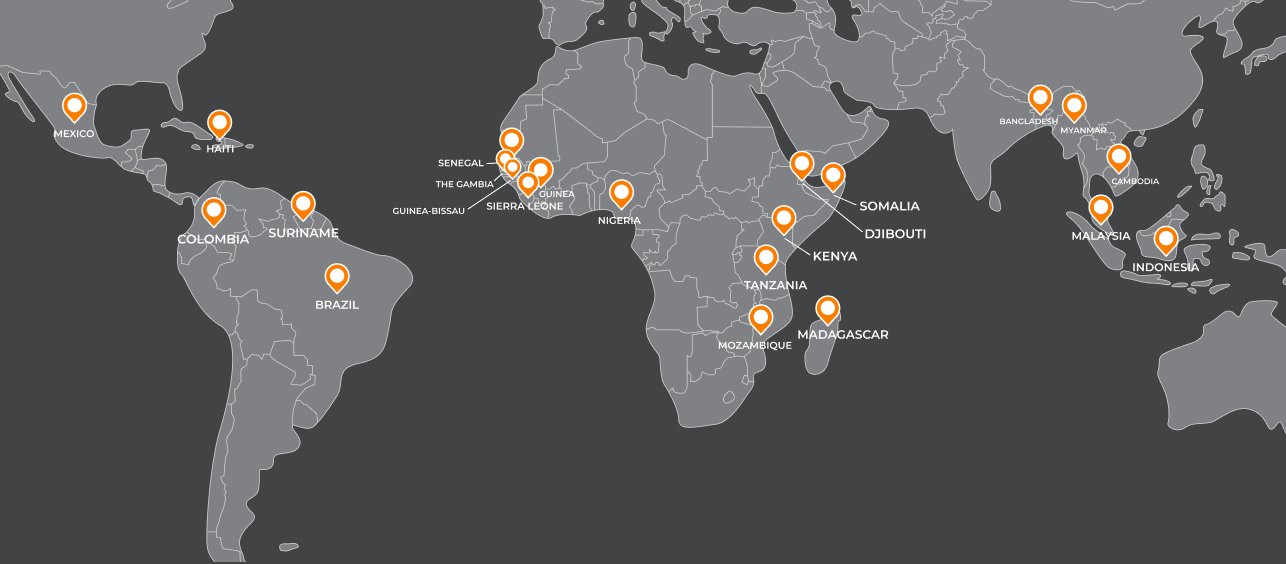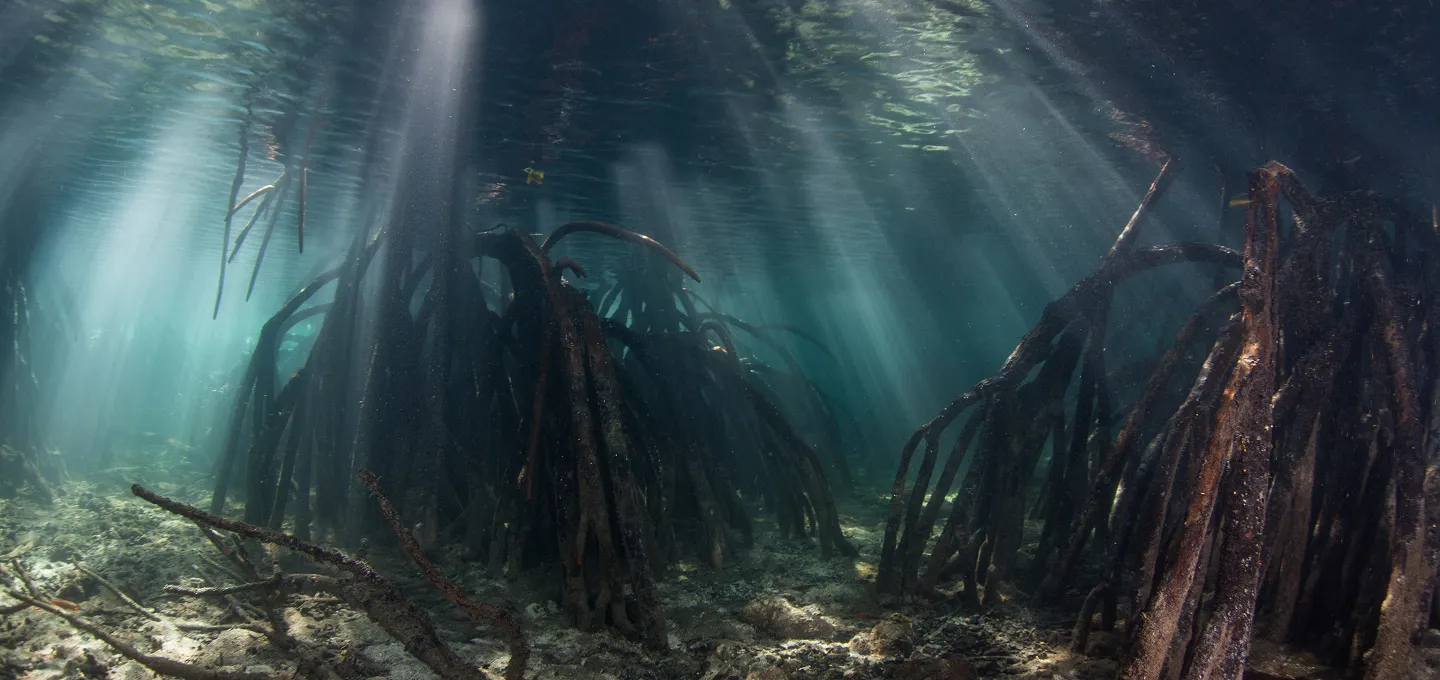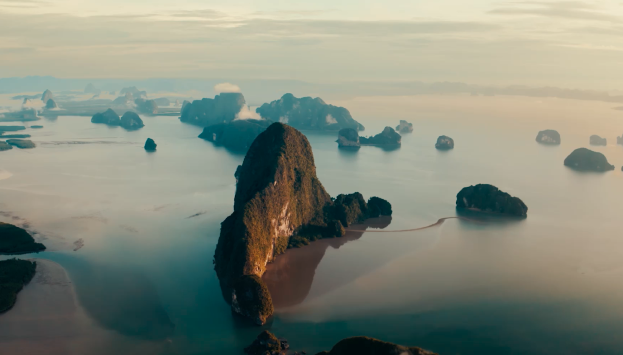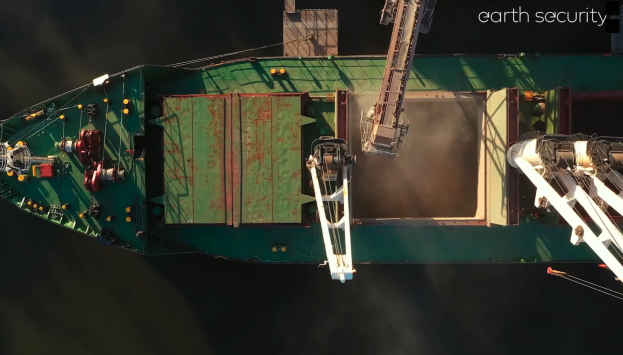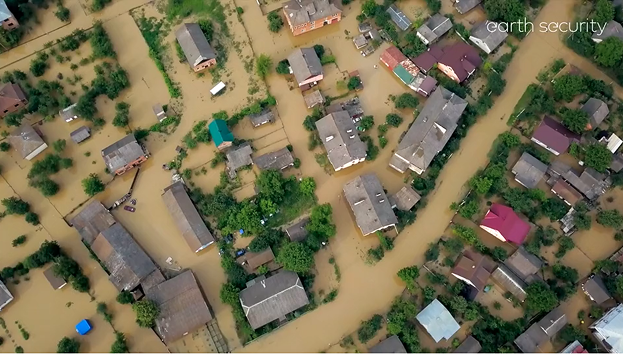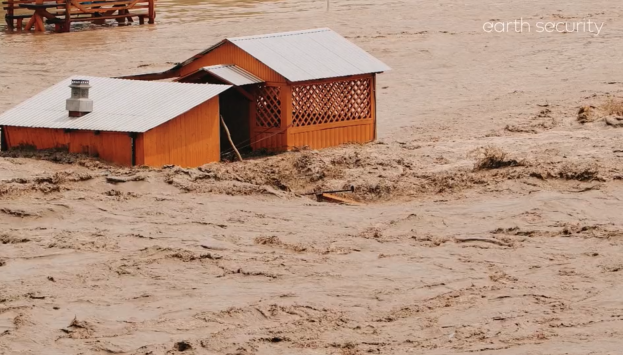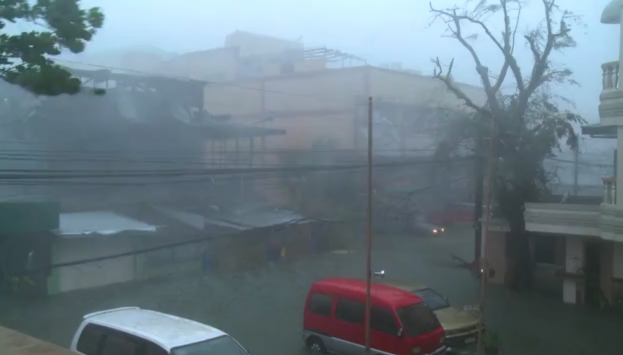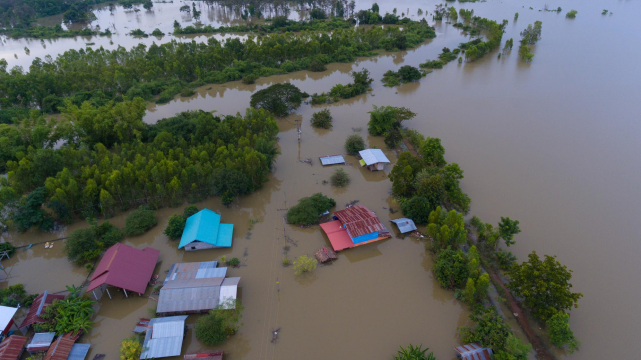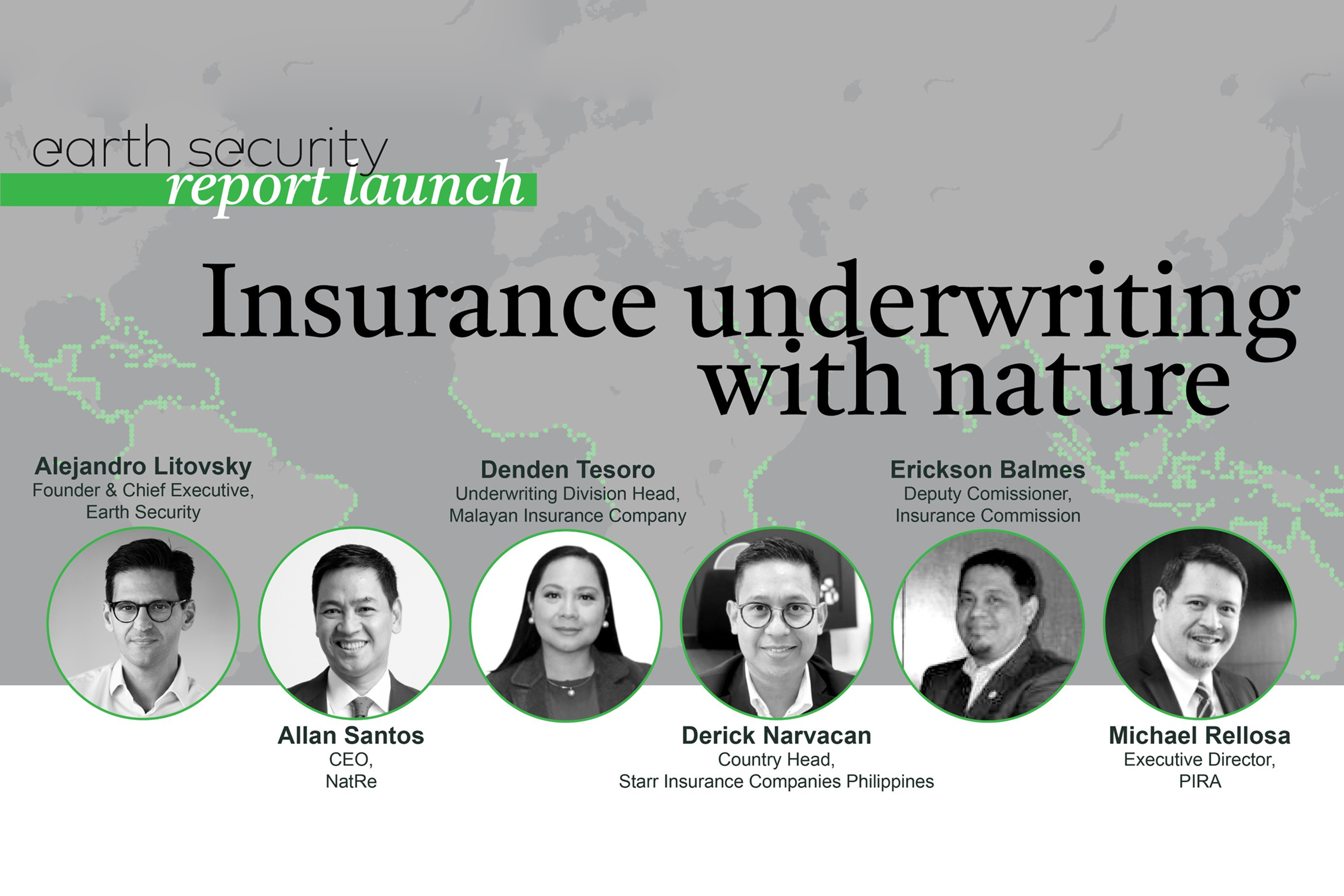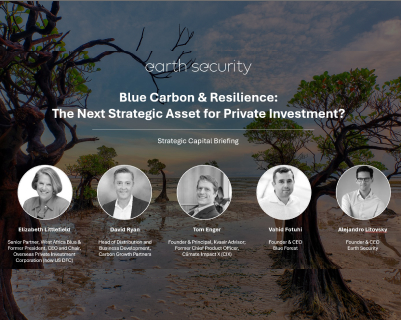As global companies must respond to country conditions increasingly marked by resource challenges, engaging in a dialogue with policy-makers and other companies, which bridges the market realities of Europe and many emerging economies, is becoming a central aspect of strategy and risk management.
In November, our strategic support for the 2nd BMW Foundation Global Table in Menaggio, Lake Como, used the Earth Security Index Report 2014 to stimulate a forward-thinking discussion between leaders of Europe and emerging economies on the global legal frameworks that are necessary to deal with resource security.
The purpose of this process is to ensure that leaders in business and policy-makers from industrialised and developing countries can meet outside the formal scope of multilateral negotiations, to build trust and find new entry points to promote fairness, sustainability and their mutual interests.

From China to Italy
The success of the first Global Table in China was based on leaders sharing and confirming their common sense of possibility for a global agenda that must necessarily unite Europe and emerging economies across sectoral and national divides. The second Global Table in Italy focused on taking an equally rich and diverse trans-sectorial group of leaders to collaborate in co-developing engagement modalities – on issues such as East Africa’s gas resources, global pandemics, European energy security and Brazil’s climate change challenges. The Global Tables committed to taking these conclusions further into the development of its 2015 meetings around these topics.
Some of the conclusions of the Global Table event to be taken forward in the process included:
- Tanzanian gas discoveries illustrate the need for companies and policy-makers to enact a vision of development: A working session of the Global Table focused on the Earth Security country profile of Tanzania. Two working groups were led by Tanzanian participants: Elsie Kanza, Head of Africa at the World Economic Forum, and Frannie Leautier, of Mkoba Investment Fund; and included energy companies, policy-makers and other key stakeholders.
- How a country in the position of Tanzania uses its newly found gas resources to address its most acute resource and development priorities, such as deforestation (with charcoal remaining the only available energy source for most), unemployment and lack of energy access. A Global Table planned for Tanzania in September/October 2015 will take the discussion further practically by embedding it within the country’s leadership initiatives.
- Gas revenues for sustainable cities: A broader vision was needed, participants felt, for how best to use the expected revenues from gas reserves in the interest of the majority of people. One starting point for an effective amelioration of livelihoods of many seemed the issue of sustainable and inclusive urbanization. If pursued wisely, it could boost development through investments in infrastructure, smart housing, skills development and education, as well as entrepreneurship; also tackling solutions for sustainable and accessible energy. Therefore, the group suggested that one of the next Global Tables, planned for autumn 2015 in Tanzania, could help Tanzanian leaders learn from other experiences in developed and emerging economies around urban planning, and to this end convene mayors from urban growth centres worldwide, urban planners, politicians and representatives from economy and civil society from emerging economies as well as Europe, to discuss the potential of sustainable urbanization, share learning and develop insights and solutions of real relevance to the host country.
From Italy to Brazil
- Brazil’s exposure to climate change requires forward-looking infrastructure investments: Another group discussed how infrastructure investments between Europe and emerging economies could take stock of – and provide a pathway for sustainable development for – emerging economies that are increasingly confronting links between loss of natural resilience, climate risks and the need for greater foreign investment. The discussion centred in Brazil as one of the leading economies where climate risks and infrastructure investments are most needed. How Brazil can capture notions of like a resource efficiency revolution were identified as potential entry points for such a future-oriented discussion where industry, finance and government can pool together mutual interests to invest in more resilience sectors -- a set of issues to be discussed in context in the Global Table in Brazil in March 2015.
Explore the reports
The Earth Security Index Reports provided in-depth analysis of critical themes across selected industries and market geographies, enabling investors to anticipate and respond to emerging global dynamics. Download and explore the full Earth Security Index reports:






